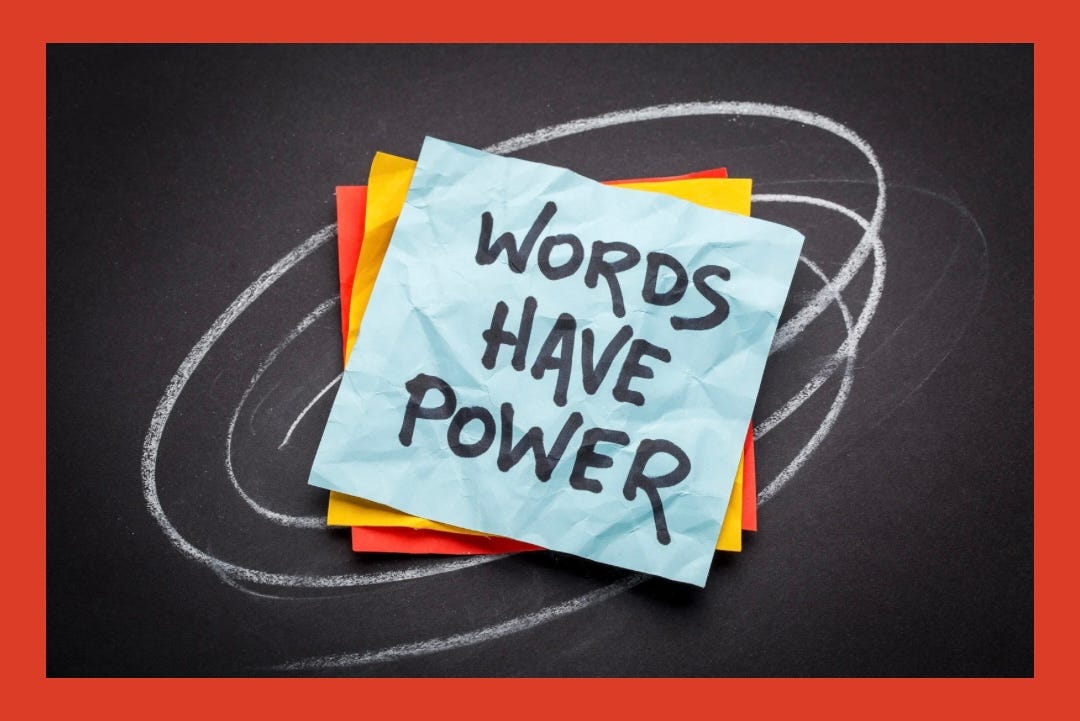When Reality Becomes Absurd: Why We Need Toni Morrison's Voice More Than Ever
Hope Infusion Newsletter - June 8, 2025
I keep a Toni Morrison quote saved in my phone, one I return to often when the world feels too surreal to be real: "There is no time for despair, no place for self-pity, no need for silence, no room for fear. We speak, we write, we do language. That is how civilizations heal."
Lately, I've needed those words more than I care to admit.
We’re living in a time where I can no longer assume anything is too far-fetched to be true. Where a United States President posts that his predecessor died four years ago and we've had a robot in office. Where grown men with nuclear codes engage in public pissing matches on social media. Where national security teams accidentally include journalists in text threads containing war plans. Where a FEMA director discovers hurricane season exists only after being appointed.
The line between satire and reality seems to have vanished entirely. What should be parody is policy and what feels like absurdist theater is American governance in 2025.
Amidst this carnival of incompetence, Morrison's voice cuts through the noise like a lighthouse in a storm. She understood something crucial, when civilization threatens to collapse under the weight of its own contradictions, writers become history's scribes, the recorders of now, giving the future a glimpse of what we lived through.
The Ghosts That Refuse to Stay Buried
Morrison didn't just write books, she built worlds where history refuses to stay buried, where the silenced demand to be heard.
When she published The Bluest Eye in 1970, she wasn't seeking approval nor explaining Black life for white comfort. She centered Black experiences without apology, showing us the main character, Pecola Breedlove’s heartbreaking desire for blue eyes and exposing how white supremacy colonizes minds, not just bodies.
But her genius lives most powerfully in Beloved, where history itself becomes a haunting. The main character Sethe's impossible choice, killing her child rather than letting her return to slavery, isn't just fiction. It's truth dressed in myth, a ghost demanding to be seen, a history that won't stay buried.
Morrison knew America is full of ghosts; The enslaved whose blood still soaks the soil, lynched bodies whose names were never recorded, entire Black towns burned to ash and erased from textbooks. She understood that to heal, we must name them.
"This is not a story to pass on," she wrote in Beloved's closing lines.
But we do pass it on. Because the past is never past, and the moment we stop telling these stories, we risk living them again.
Why Morrison's Truth-Telling Feels Urgent Now
Right now as I pen this post, Morrison's books appear on banned book lists across America. Her work is challenged in school districts alongside other authors who dared to tell uncomfortable truths. Politicians pass laws to sanitize curricula, erasing the very stories Morrison insisted we must remember.
This isn't coincidence. Morrison's work is targeted because it resurrects what others want buried. When Beloved forces us to confront slavery's horrific trauma, when The Bluest Eye exposes how racism destroys children's self-worth, that realization is dangerous to those who profit from historical amnesia.
We're living through our own moment of surreal horror, where truth itself seems negotiable and reality bends toward the absurd. But Toni Morrison’s words remain an anchor, reminding us that bearing witness…speaking, writing, doing language, is how civilizations heal.
Her ghosts won't let us forget because forgetting serves those who want to repeat history's worst chapters. In archive interviews in which I so often find solace these days, Morrison explains why she wrote with the focus she did — someone had to be the recorder, the scribe, the one who refused to let truth be buried under more comfortable lies.
The Sacred Duty of Witness
Morrison understood that writing isn't just intellectual exercise, it's spiritual resistance. She wove myth, memory, and the supernatural together because she knew the unseen is just as real as what we can touch. Hence her books pulse with ancestors who speak, spirits who linger, and memories that refuse to fade. The past walks beside us demanding reckoning, because reckoning is the only way forward.
Watching our current political circus I find myself returning to her example, answering the call to remember that writers are history's scribes, keenly observing, taking note of the world, giving voice to what others can't say.
When reality becomes so absurd that satire feels quaint, when ridiculous scenarios prove true time after time, we need prophetic voices more than ever. Voices that refuse to normalize the abnormal, that insist on naming what others want buried.
Words That Heal Civilizations
Toni Morrison left us more than books, she left us a responsibility. To write with courage. To tell the stories that others try to silence. To be the recorders of this fractured now, even when what we're witnessing feels too surreal to be real.
She reminds us that silence serves those who benefit from chaos. That speaking truth into a space creates room for others to do the same. That our refusal to forget is itself a form of resistance.
In this moment when democracy feels like performance art and governance resembles a fever dream, Morrison's words echo with prophetic clarity: We speak, we write, we do language. That is how civilizations heal.
Words are legacy. Words are power. And if we dare to tell the truth about what we're witnessing, about what we're living through, we honor Morrison's most sacred promise; That someone will always be watching, always be recording, always be refusing to let the ghosts stay buried.
Even when the truth feels stranger than fiction. Especially then!






